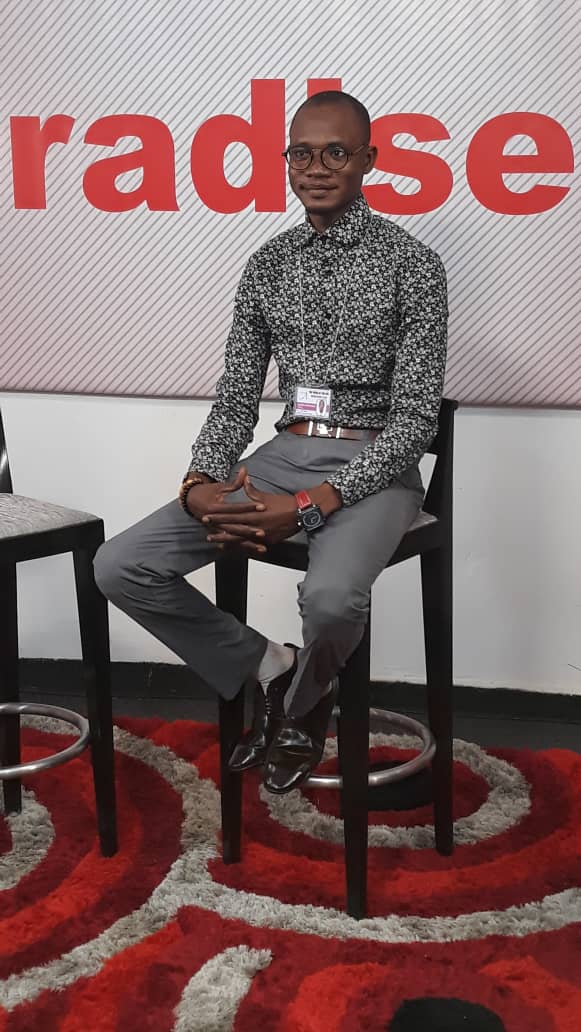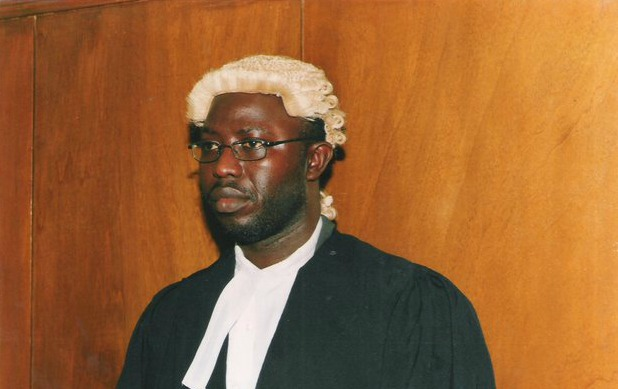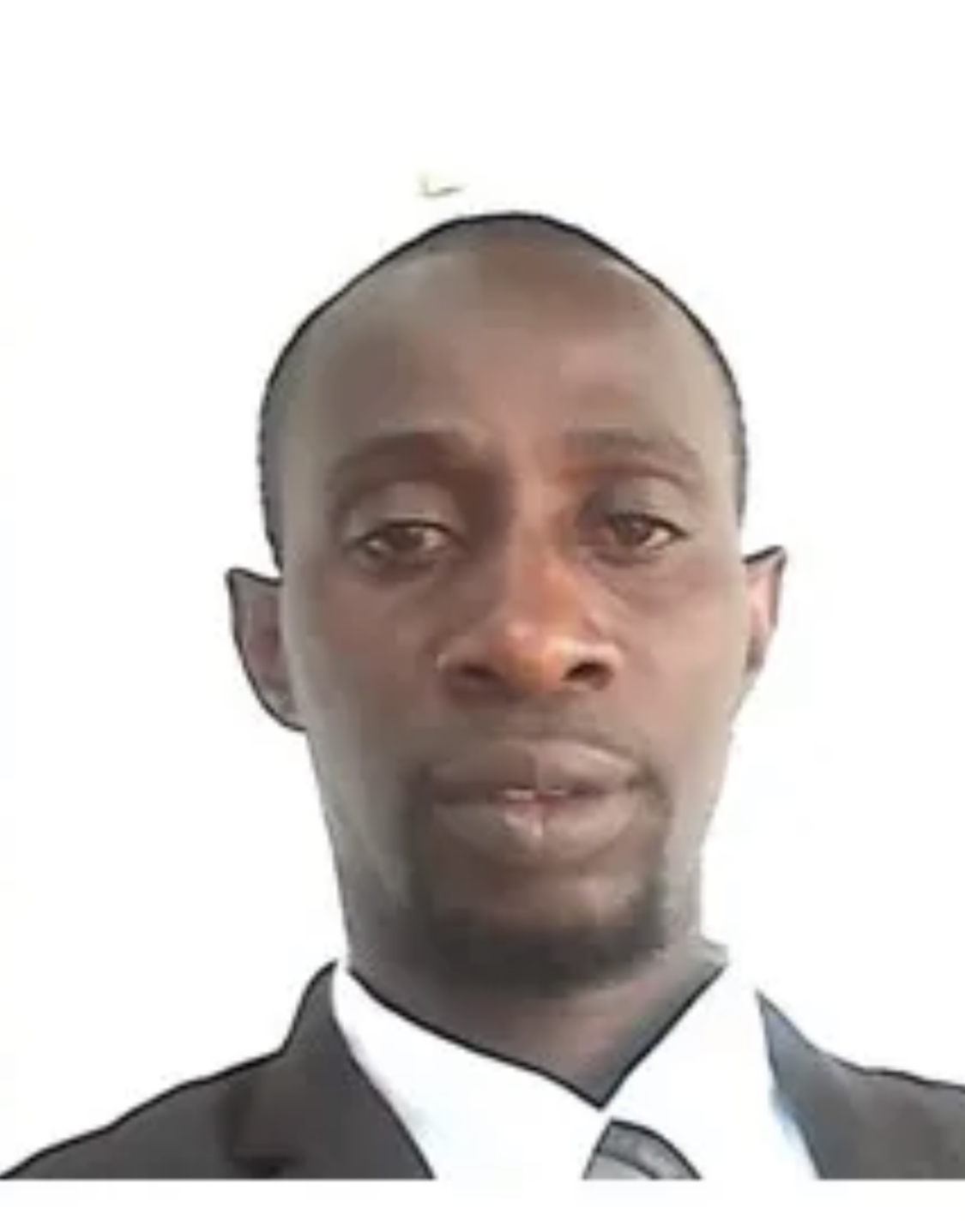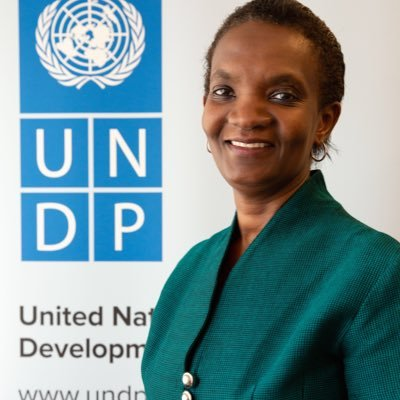While some doubting Thomas are still agitating that Gambians are not writing but a young and emerging young Gambian writer continues to prove them wrong as he’s warming up to launch his new book entitled The Memories of Reflection. The young writer who started writing at the age of 14 also went to exile in 2016 but he used his period in exile to complete his studies and developed his skills and career in writing. To know who he’s and his journey to exile continue reading.
Can you introduce yourself to our readers?
My name is Modou Lamin Sowe (ML Sowe), but well known by my penname – Modou Lamin Age-Almusaf Sowe, I was born in Bakau Newtown and raised in Brikama. I’m an emerging young West African writer, scholar, and an independent researcher.
For those who want to know you more, can you give an overview of your educational background?
I hold a bachelor degree in Library and Information, Records and Archives management, and double diplomas in English and French languages. I am a university-Librarian and Director of Academic Research, an established author and a former teacher – librarian and drama coordinator at MASROOR senior secondary school.
You went into exile about three years, what led to that?
Yes, it was in 2016 when I produced a film entitled ‘Babili-Mansa.’ I wrote and directed the film acted by my drama group at MASROOR Senior Secondary School. The film was approved by the ex-president and the premiere scheduled to take place at Paradise Suites Hotel, but one of the Protocol Officers assigned to work with me selfishly tarnished me before the former president and wanted me to re-shoot the whole film because of his own personal interest hence he knew the amount of money involved. Based on this he wanted me to now use his own selected group for the film to benefit him and his group and I totally objected to this which was the cause of my going into exile.
So, how was life in exile with you?
Life in exile was both good and bad for me considered the fact that there is no better place like home. But I wisely used my period in exile to complete my studies and developed my skills and career in writing. I’ve travelled wider across Africa during my exile to 11 different countries and have even represented The Gambia at the Young African Thinkers Convention at the African Union headquarters on Addis Ababa, Ethiopia. I was able to publish my debut book in exile and also wrote my magnum opus and three other books.
When did you start writing and what motivated you to become a writer?
I started writing at the age of 14 when I was at Kabafita Lower Basic School, and I was divinely motivated when I was sent out of the class by my literature teacher for not having the book titled Great Expectations written by Charles Dickens – since then, I told myself that I’ll write a book and contribute to the development of this country through writing and to make sure that the Ministry of Education use Gambian books in our schools. With the publication of my first book entitled Don’t Judge The Book By The Cover. However, I started receiving international acclaim at the age of 16.
Tell our reader more about your first book ‘The Memories of reflection’
I’ll be launching The Memories of Reflection on Saturday, 11th May 2019 at the Ebujan Theatre in Kanifing at 3 O’clock.
The Innocent Girl is a novel of the return of Jesus as a mere worshipper of Allah than in his capacity as a prophet – also it is a book about the coming of age, the appearance of the Imam.
Why the Innocent Girl and Maimuna
Mahdi and the Dajjal and it show how Christianity and Islam will be united to defeat the Anti-Christ Dajjal.
Maimuna, as the name implies, is a book about the love of my life in the spirit world, Maimuna the genie in Marabantang and everything about her life and family as a generous jinn. The Voice of The Pen is a collection of poetry taking its name from my personal blog. It consists of 60 poems all taking about religion, politics, governance, democracy, financial crisis, the new age, etc.
My book, The Memories of Reflection approved by MoBSE in 2014 to be used in upper basic schools as a supplementary reading material, is a novella which preaches the doctrine of patience and virtue in society. It depicts the behavioural and cultural aspect of The Gambian society.
You do eBook Publishing and Consulting, proofreading and editing, book launches and conferences, peer review and translation, creative training and workshops, graphic and cover designing, how do you do all this without one interfering another?
Knowing that The Gambia don’t actually have any renowned book publisher, I took it upon myself to set up this company to promote our lifestyle in the Western world, considering the fact that there had been a calamitous decline in the consumption of our literature in the Western world. My services are affordable and mainly focus on the young people of this country. I’ve a wealth of experience in book marketing and publishing from my educational sojourn away and have come to serve my country.
I am an eBook publisher only because I know people don’t read nowadays and technology has been so helpful in reaching out to millions of readers and buyers online.
I still want to travel abroad and gather more information and experienced to improve my work.
Your book have been recognized by the MoBSE, tell me how it happens and at which level, junior or secondary schools?
It happened in 2014 when the Curriculum Research Evaluation and Development Directorate approved my book for used on Upper Basic Schools. This shows how talented I am as a young writer who has contributed a lot in the development of this country despite not being supported by the government or individuals. Anything I do is from my pocket.
About Gambian literature, how do you see the landscape?
The landscape of Gambian literature is very conducive and I am optimistic about the future of our children who will live to read thousands of books written by scholars of our beloved country. More so, the new Gambia that is yet to come will be a Gambia of writers, literature, arts and culture.
Do you think someone can live on writing in this country, considering the low readership?
No, absolutely no. But I am living from it not because of the readership I have in The Gambia but because of my readers outside The Gambia. Gambians don’t read but they like celebrating people when they actually died not when they’re alive. As a result of that, I initiated The Gambia Prize for Literature this year and we’ll be awarding 23 outstanding Gambian writers on World Book and Copyright Day scheduled from Thursday, 25th April to Saturday 27th April 2019 at the Ebujan Theatre in Kanifing and Alliance Francaise respectively.
From your viewpoint, what do you think are the challenges facing Gambian writers?
Poor readership, lack of support from the government and individual citizens, inadequate of publishing companies, lack of projects, low education and lack of skill personnel.
Tell me some of the difference The Voice Of The Pen want to make in supporting Gambian writers?
Help in publishing the works of young Gambians, build their capacities, train them in creative writing, self-publishing, blogging, intellectual property and copyright and above all provide them with a kick-starter for their literary projects. We want to nurture the culture of reading and writing in this country and also positively contribute to national development through writing.
Your last words for the new Gambia?
It’s the bee that produces the honey but the honey doesn’t produce the bee. When flowers become fruits, they always tend to forget that they were from a plant. Leaders are chosen by God and not people: people can only vote for or nominate a leader. The secret of the mouth is best known by the chewing stick. Lastly, let me take back every proverbs and quotations I own despite people using them in my absence without quoting from me. There are four categories of people on earth as I said in my famous book, The Throne of The Ghost, and they’re:
Those who talk but they don’t know,
Those who talk and they know;
Those who don’t talk at all because they don’t know; and,
Those who know but they don’t talk.





